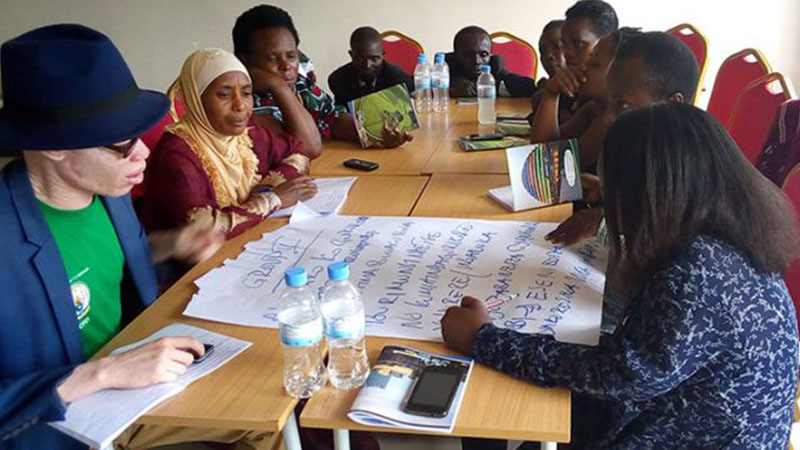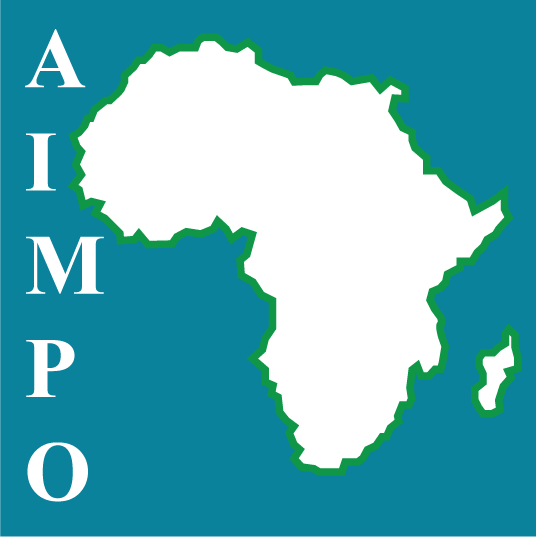We promote the individual and collective rights of Historically Marginalized People
We advance the cause and integration of Historically Marginalized People in a society in which all citizens should be equal by aiming to reduce economic, political, and social discrimination.

Our community is the smallest group of Historically Marginalized People (HMP) in Rwanda, previously known as Batwa. With an estimated population of 25,000 to 30,000 people, the HMP face unique challenges and uncertainties related to socioeconomic deprivation, high un(der)employment, social discrimination, and acute political marginalization.
Today, the Historically Marginalized People survive by making traditional pots. It poorly reflects the activities of most HMP ‘potters’ today, but must be understood in the context of the Batwa’s history of adaptation as immigrant farmers and pastoralists steadily colonized their forest homelands. Through AIMPO’s programs, we help these communities to transform this traditional pottery into ceramic pottery.
We are engaging them in agricultural activities through buying land and encompassing communities into cooperatives.
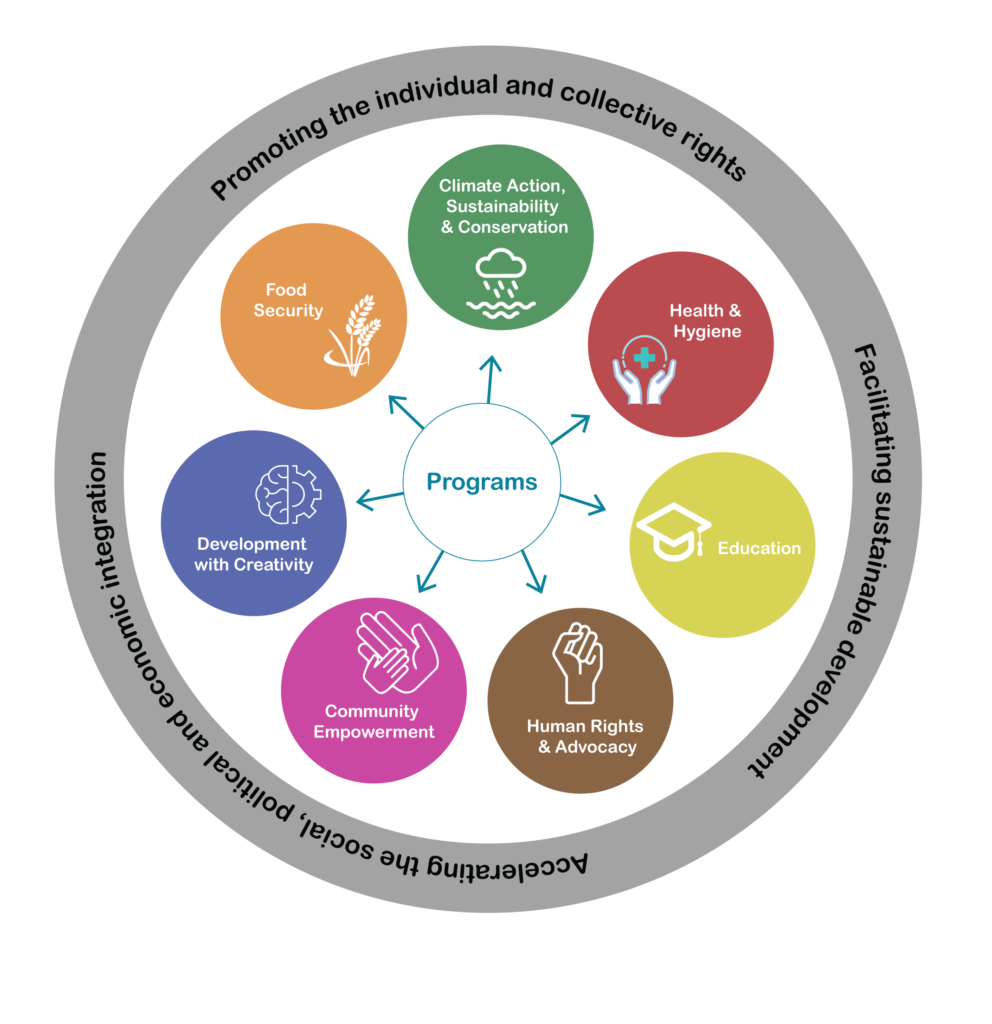
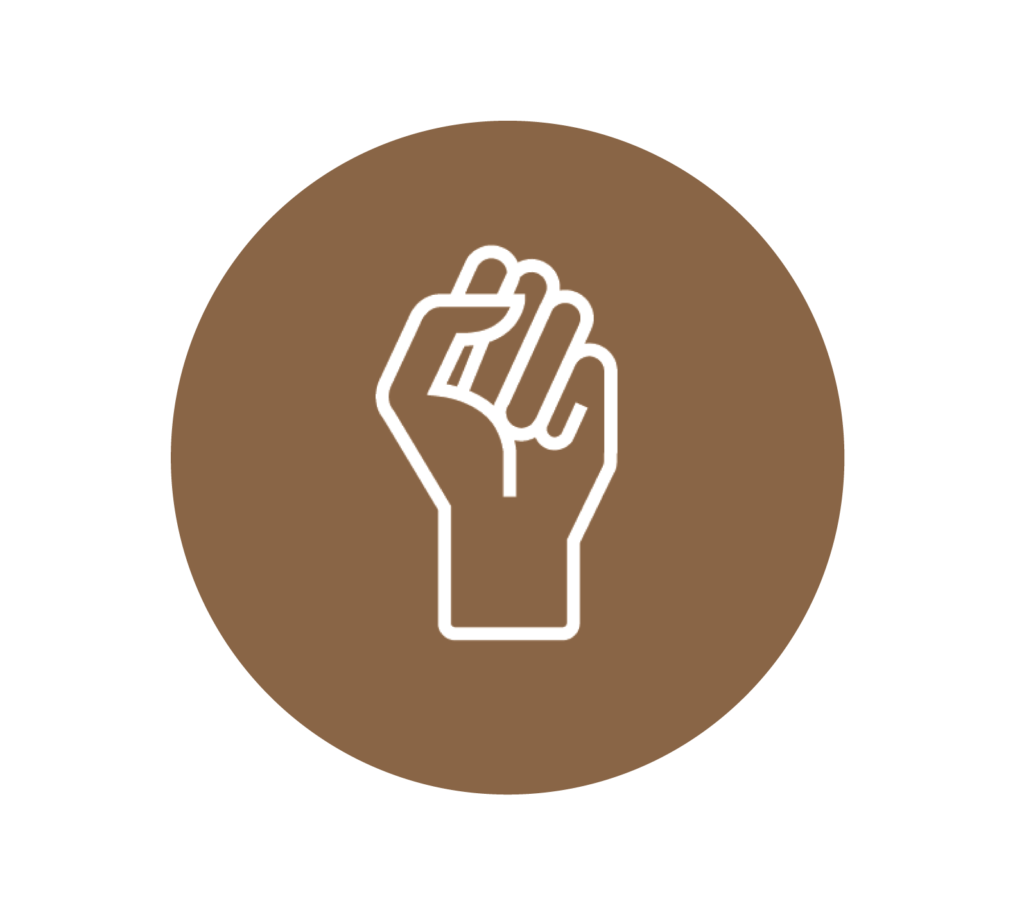
Human Rights & Advocacy
By educating Indigenous Batwa, officially known as Historically Marginalised People (HMP), on their rights and liberties, AIMPO aims to empower the community by including and actively involving them in the fight against their marginalisation. As such, the United Nation’s sixteenth Sustainable Development Goal (SDG) is targeted : Peace, Justice, and Strong Institutions (SDG 16).
Health & Hygiene
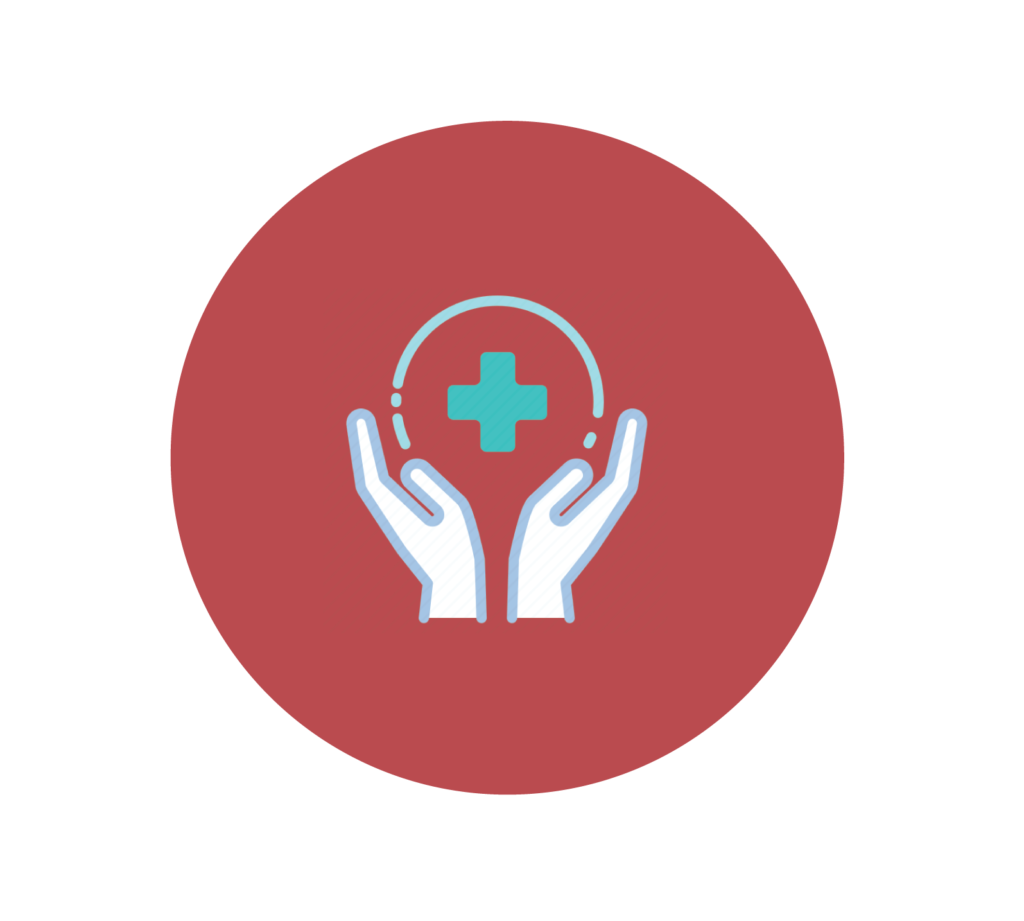
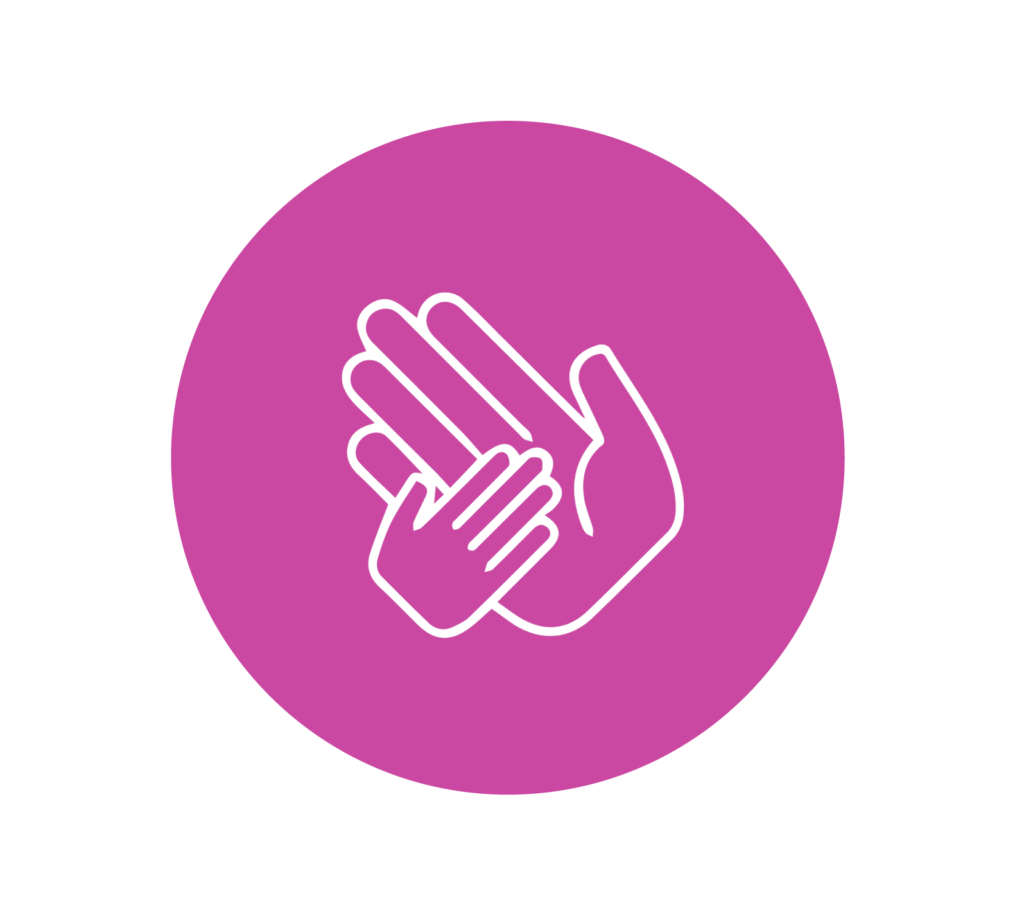
Community Empowerment
Development with Creativity
The result ? A tapestry of art, culture, and empowerment that we proudly share with the world. Our women weavers, with their nimble fingers and passionate hearts, embarked on a journey to create intricate pieces that transcend mere threads. Their dedication to preserving traditional weaving techniques while infusing contemporary designs is truly commendable. This activity not only celebrates our rich heritage but also serves as a reminder of the strength and resilience of AIMPO’s women.
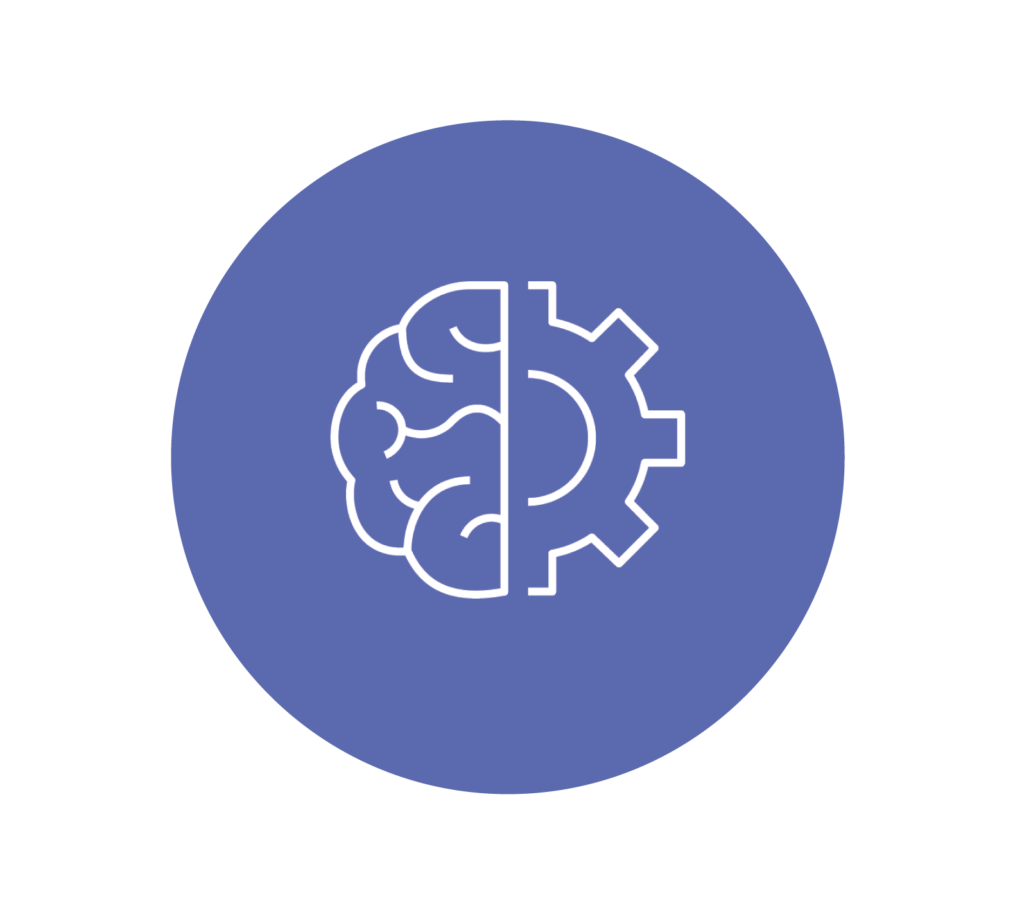
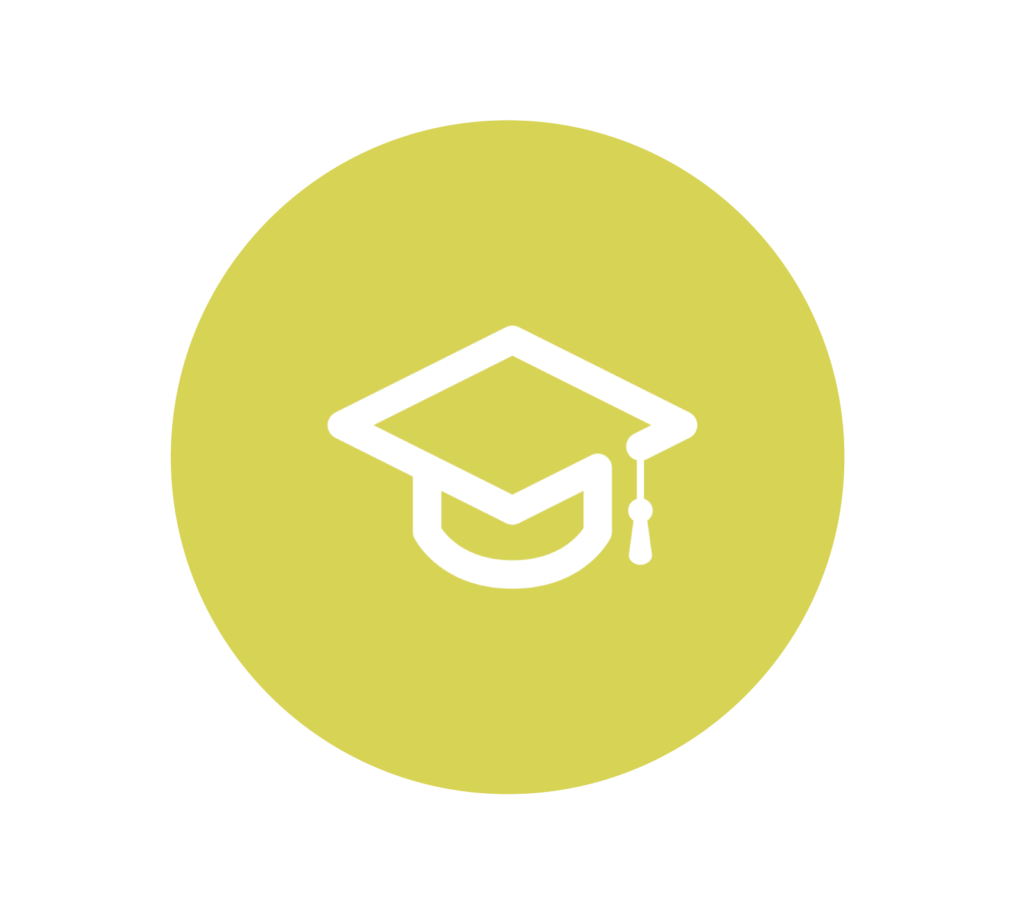
Education
Food Security
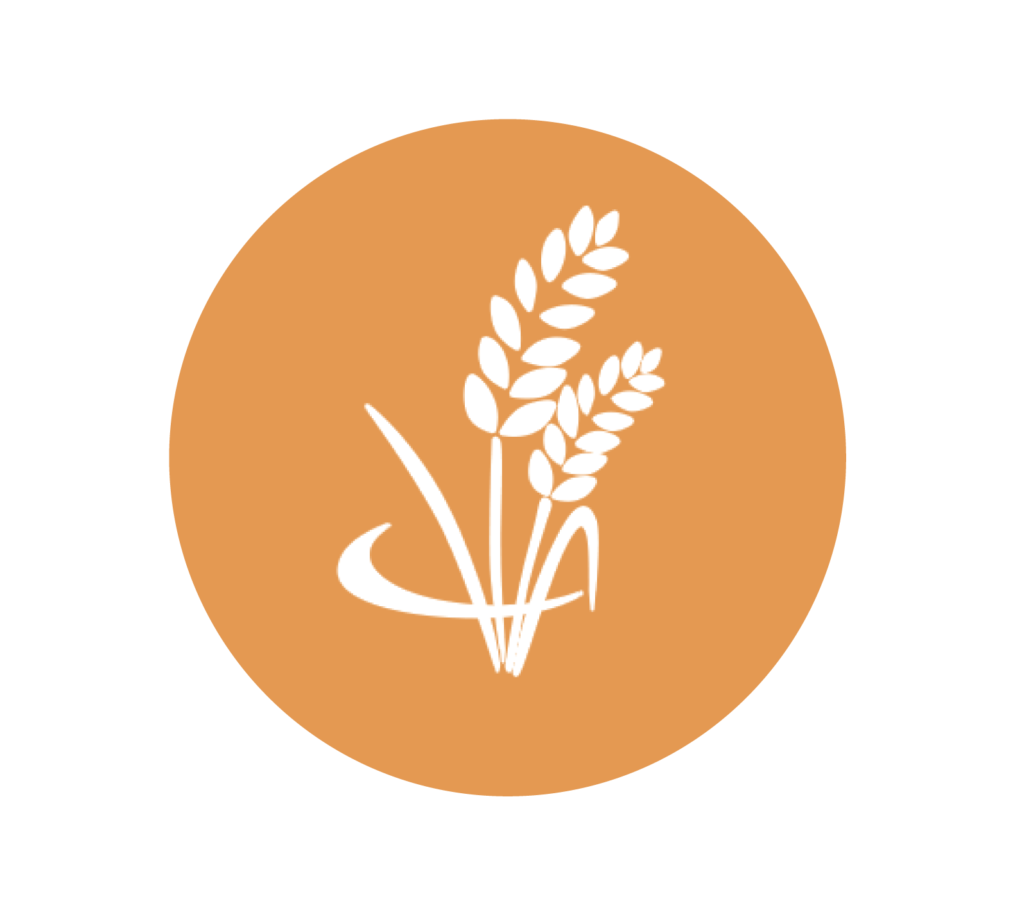
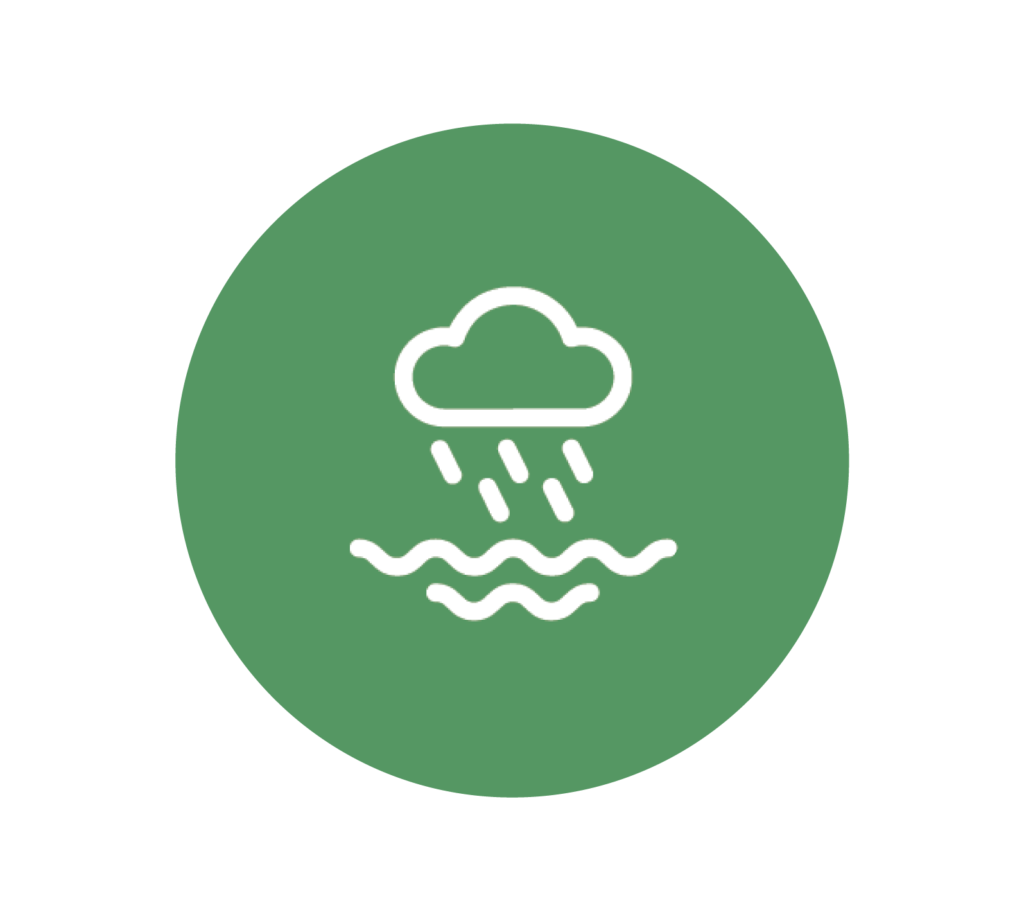
Climate Action, Sustainability & Conservation
CROSS-CUTTING PROGRAMS
Gender Equality
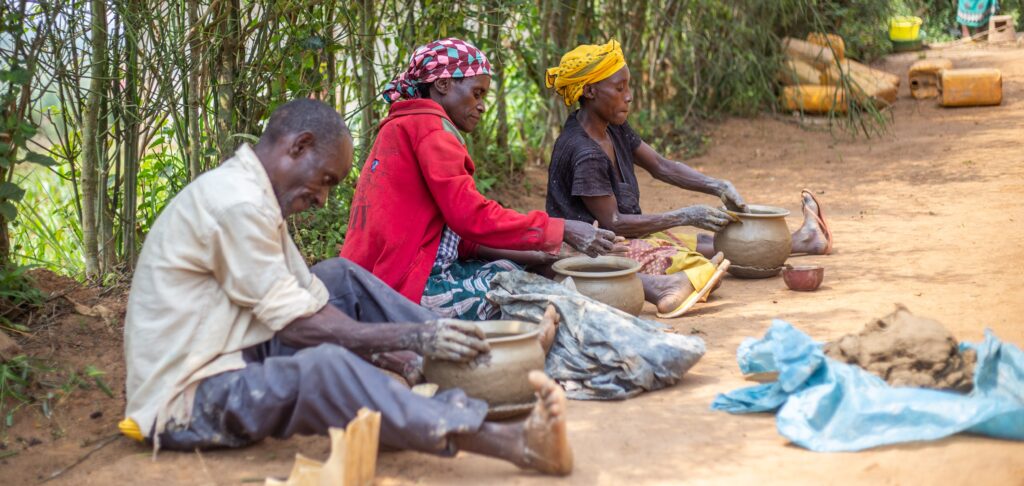
The AIMPO organisation works to accelerate progress toward a gender-equal community by identifying and dismantling the barriers that prevent women and girls from exercising bodily autonomy, planning for and starting healthy families, and being fully active in their homes, economies, and societies.
Our work
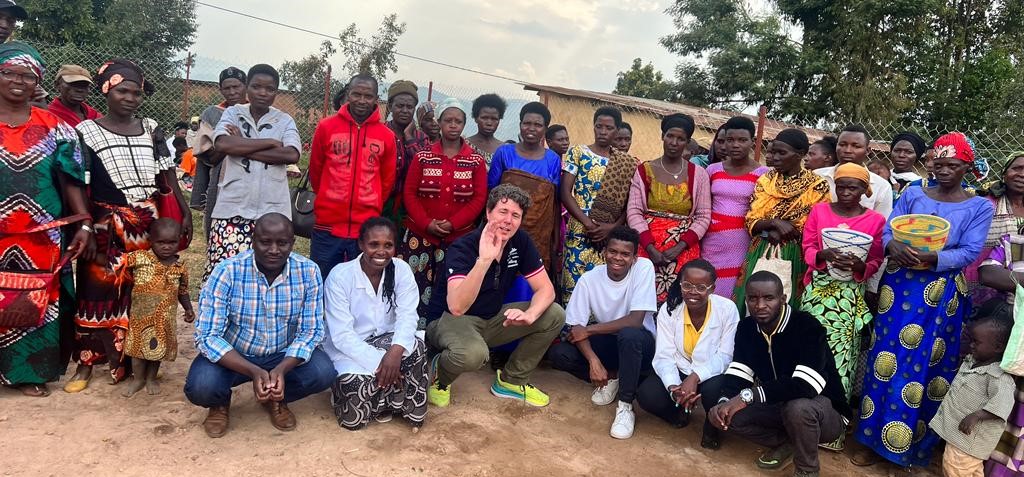
Disability Rights
